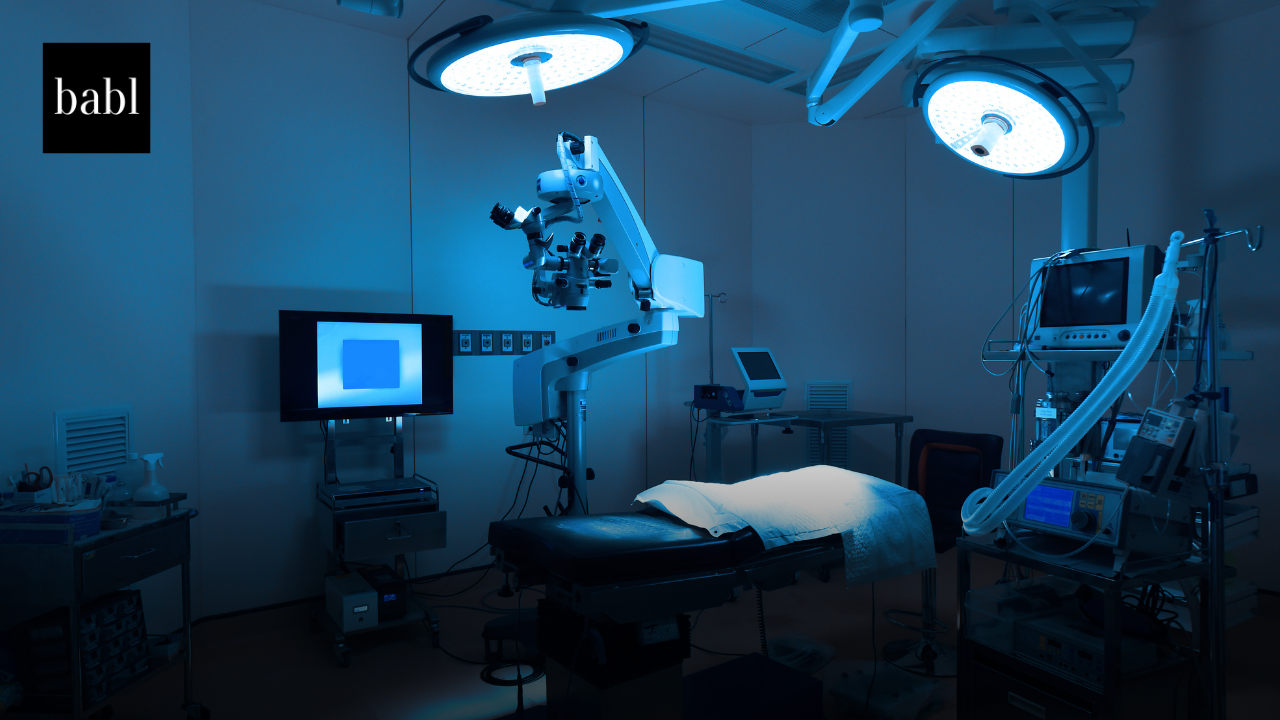The Therapeutic Goods Administration (TGA) is increasing oversight of software-based medical devices, including those powered by artificial intelligence (AI), to ensure compliance with Australia’s regulatory requirements.
In a notice published August 29, the TGA said it is working closely with industry to encourage voluntary compliance, provide clearer guidance, and respond swiftly to complaints or reports of non-compliance. The regulator also confirmed it is monitoring unlawful advertising and supply of AI-driven health technologies.
A key area of focus is the growing use of AI digital scribes. While many currently assist clinicians with note-taking, some are adding advanced features such as diagnostic and treatment suggestions. These functions, the TGA warned, may reclassify the software as a regulated medical device under the Therapeutic Goods Act 1989.
If classified as medical devices, such products must be listed on the Australian Register of Therapeutic Goods (ARTG) before being advertised or supplied, unless they qualify for an exemption or exclusion. Failure to comply could expose manufacturers and suppliers to enforcement action.
The agency emphasized that its compliance approach aligns with its broader regulatory framework, which balances innovation in healthcare technology with patient safety and legal accountability. Targeted action will be taken where necessary, particularly in cases of alleged non-compliance.
The TGA’s move reflects growing scrutiny worldwide of AI in healthcare, as algorithms increasingly influence clinical decisions and patient outcomes. Regulators are grappling with how to ensure transparency, reliability, and safety while still enabling technological innovation.
By tightening its focus, the TGA aims to reassure both clinicians and patients that emerging AI-powered health tools meet Australia’s safety and quality standards, while sending a clear signal to developers and suppliers about their regulatory obligations.
Need Help?
If you have questions or concerns about any AI guidelines, regulations and laws, don’t hesitate to reach out to BABL AI. Their Audit Experts can offer valuable insight, and ensure you’re informed and compliant.





